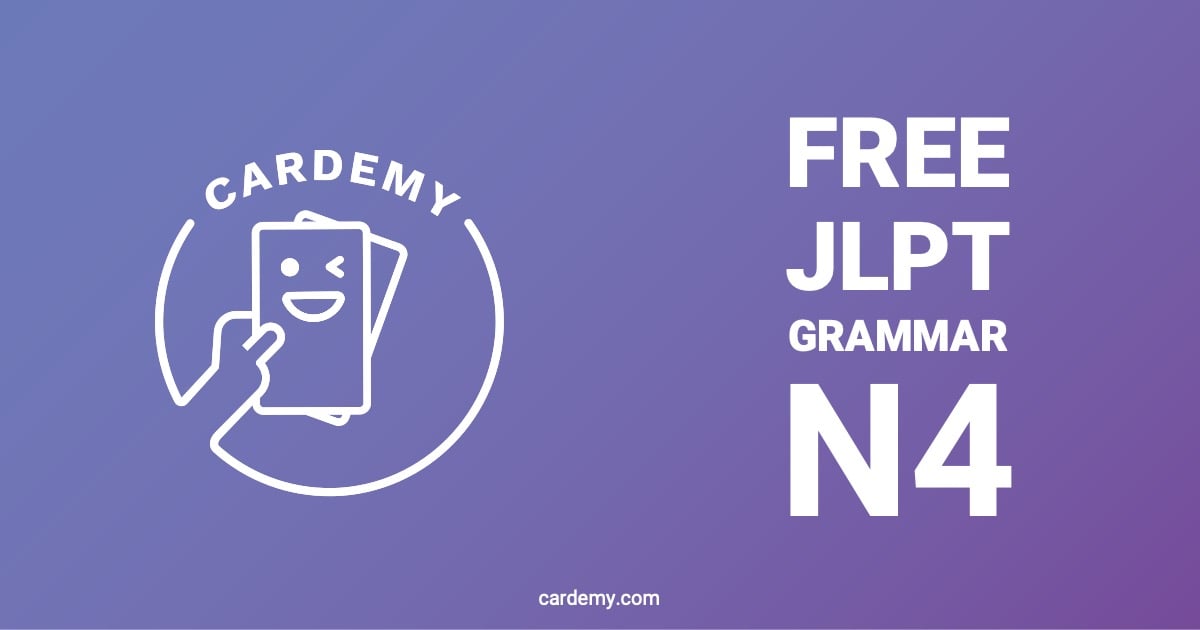Express disappointment or regret / Express something is done with 〜てしまう
 Express disappointment or regret
Express disappointment or regret
The form て + しまう is used to express regret or disappointment in behaviors, actions, unexpected events.
バスが遅れてしまった。
The bus was late.
帽子を忘れてしまった。
I forgot my hat.
先生は、帰ってしまった。
The teacher went back home.
花が枯れてしまった。
The flowers are faded.
道を間違がえてしまった。
I went the wrong way.
弟のおもちゃを壊してしまった。
I broke my brother's toy.
Express something is completely over
The form て + しまう is also used to express that something is completely finished, that you're done with something. The focus is on completion, sometimes with a touch of "let's get this over with."
Will it be over already?
Let's put it like this.
I'm going to sell when it's the highest possible price.
In this person's case, it's better to do the conversation first.
NB :
・When てしまう is used with with non-volitional verbs (無くす、忘れる, etc.) or intransitive verbs (壊れる、始まる), it's more often about coincidence and regret.
・When てしまう is used in tai form (てしまいたい) or imperative form (てしまえ), it's almost always about completion.
・When てしまう is used in tai form (てしまいたい) or imperative form (てしまえ), it's almost always about completion.
Exercices
Conjugate the verbs below in the form て + しまう
→ て + しまう form past, dictionary form
→ て + しまう form past, dictionary form
食べる
Answer →
食べてしまった
Translation →
have eaten
見る
Answer →
見てしまった
Translation →
have seen
買う
Answer →
買ってしまった
Translation →
have bought
Conjugate the verbs below in the form て + しまう
→ て + しまう past form, ます form
→ て + しまう past form, ます form
書く
Answer →
書いてしまいました
Translation →
have written
読む
Answer →
読んでしまいました
Translation →
have read
遊ぶ
Answer →
遊んでしまいました
Translation →
have played
Spoken and informal language : ちゃう and じゃう
ちゃう and じゃう are respectively preferred in the context of spoken and informal language instead of て しまう and でしまう
|
0
|
1
|
2
|
3
|
|---|---|---|---|
|
見る
|
見て(しまう)
|
見ちゃう
|
( without て) + ちゃう
|
|
読む
|
読んで(しまう)
|
読んじゃう
|
ん ( without で) + じゃう
|
- 宿題しないで、 テレビ見ちゃう。
Without doing my homework, I'm watching TV.
Without doing my homework, I'm watching TV.




Leave Comment